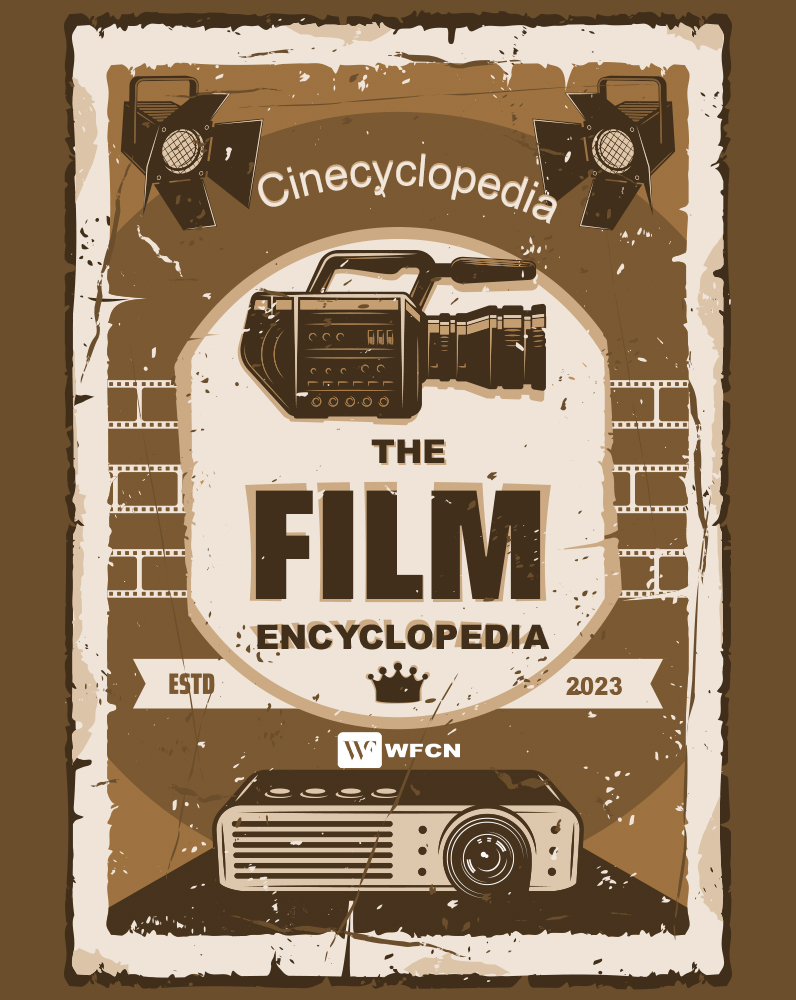Films of Russia
Created on : October 23, 2023 21:25 | Last updated on : January 17, 2024 17:19
Denotation
The cinema of the Soviet Union includes films produced by the constituent republics of the Soviet Union reflecting elements of their pre-Soviet culture, language and history, albeit they were all regulated by the central government in Moscow. Most prolific in their republican films, after the Russian Soviet Federative Socialist Republic, were Armenia, Azerbaijan, Georgia, Ukraine, and, to a lesser degree, Lithuania, Belarus and Moldavia. At the same time, the nation's film industry, which was fully nationalized throughout most of the country's history, was guided by philosophies and laws propounded by the monopoly Soviet Communist Party which introduced a new view on the cinema, socialist realism, which was different from the one before or after the existence of the Soviet Union.

Introduction
Russian Film Industry unfolds as a tapestry of unparalleled creativity, resilience, and artistic innovation, spanning more than a century. Encompassing a turbulent history, rich cultural diversity, and a spectrum of genres, Russian films have left an indelible mark on the global film industry. From the early days of silent films to the golden era of Soviet cinema and the thriving Contemporary Film Industry of Russia. Russia has produced iconic Russian filmmakers, enduring classics, and critically acclaimed modern works. In this article, we embark on a captivating journey through the annals of Russian cinema, from its nascent stages to the golden era of Russian filmmaking, and finally, to the thriving contemporary Film Industry of the Federation of Russia. We shall delve into the enigmatic minds of renowned Russian film directors, explore the opulent legacy of the Soviet Union film business, and celebrate the vibrant panorama of contemporary Russian cinema.
The Birth of Russian Cinema
The history of Russian cinema began in the late 19th century with the introduction of Russian motion pictures. The Lumière Brothers' Cinematograph, a groundbreaking invention, reached Russia in 1896, marking the official birth of Russian films. The first-ever Russian film Stenka Razin (1908) directed by Vladimir Romashkov, was released in 1908.
The Soviet Epoch: A Golden Age of Cinema
Soviet Cinema reached the zenith of its glory during the 20th century, characterized by the works of visionary directors like Sergei Eisenstein, Andrei Tarkovsky, and Mikhail Kalatozov. These Russian filmmakers produced timeless classics that continue to influence international cinema.
Sergei Eisenstein, known for his mastery of montage and visual storytelling, directed Battleship Potemkin (1925) and Alexander Nevsky (1938), which were groundbreaking not only in Russia but around the world. His unique approach to film editing left an indelible mark on the art of filmmaking.
Andrei Tarkovsky, often considered one of the greatest film directors of all time, created poetic and philosophical films like Solaris (1972) and Stalker (1979). His contemplative style and deep, existential themes elevated Russian cinema to new heights.
Mikhail Kalatozov, with his masterpiece The Cranes Are Flying (1957), captured the human toll of World War II and earned the Palme d'Or at the Cannes Film Festival. This film, along with "I Am Cuba" (1964), showcased his visual innovation and artistry.
The Soviet Film Business:
Soviet cinema was heavily influenced by the government, and filmmakers often faced censorship and ideological constraints. Nevertheless, this environment fostered creativity, and Russian directors found ways to convey their messages through allegory and symbolism. The state-controlled Goskino ensured that the Cinema of the Soviet Union adhered to communist ideology, but it also supported Soviet art houses and experimental films, allowing film directors to explore unconventional narratives.
Contemporary Russian Films
The fall of the Soviet Union in 1991 brought significant changes to the Russian film industry. Independent filmmakers emerged, and the industry diversified, producing a wide range of genres and styles. Directors like Andrey Zvyagintsev, known for "Leviathan" (2014) and "Loveless" (2017), continue to garner international acclaim for best Russian cinema.
The 21st century has seen the resurgence of Russian cinema on the global film industry. Films like "The Return" (2003) by Andrey Zvyagintsev and Leviathan (2014) have received accolades at prestigious film festivals. Russian filmmakers are increasingly exploring complex and contemporary themes, earning recognition and praise from worldwide audiences.
Russian films have a rich history, marked by influential Russian directors, innovative filmmaking, and a complex relationship with the state. From the revolutionary days of Eisenstein to the modern works of Zvyagintsev, Russian motion pictures have navigated challenges and emerged as a powerhouse in the global film industry. The legacy of the Soviet era and the dynamic nature of contemporary Russian films continue to captivate and inspire audiences around the world, making Russian cinema an essential part of global film culture.